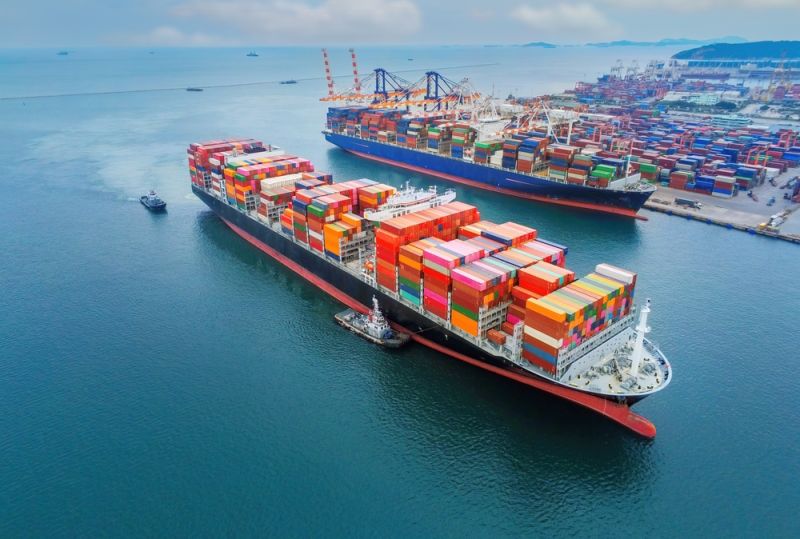Italy’s Sace inks US$6bn “high impact” financing deal with AfDB
Italian export credit agency Sace has signed a US$6bn agreement with the African Development Bank (AfDB) to provide credit protection across a range of critical sectors including energy and infrastructure.
The agreement, signed in Morocco last week, aims to establish Africa as an “energy hub” for Europe, a joint announcement between the two organisations says. Other areas of focus include education, agribusiness, healthcare, water and infrastructure.
The partnership intends to connect Sace’s products, including its untied finance-focused Push Strategy as well as traditional export credit insurance, to the financial facilities provided by AfDB.
“It will support the financing of high impact projects in Africa, while jointly generating opportunities for business matching between African and Italian companies,” the announcement says.
It forms part of Italy’s Mattei Plan, launched by Prime Minister Georgia Meloni in February.
AfDB vice-president for finance and chief financial officer Hassatou N’Sele says such collaborations “expand financing and de-risking solutions for critical products across Africa… and ensure that Africa’s vast potential is fully realised”.
“While there is often a perceived risk in investing in the continent, the reality is that Africa offers a wealth of opportunities with actual risk lower than the perception,” she says.
Michal Ron, chief international business officer at Sace, adds that the plan will also benefit Italian companies looking to expand their business in “priority sectors where Made in Italy, with Sace’s support, can offer a significant contribution”.
All AfDB regional member countries are eligible for support under the agreement, with initial priority given to Algeria, Côte d’Ivoire, Egypt, Ethiopia, Kenya, Morocco, Mozambique, the Republic of the Congo and Tunisia, the nations identified in the Mattei Plan.
Funding for the plan is allocated from Italy’s Climate Fund and development cooperation resources, although Meloni told January’s Italy-Africa Summit in Rome: “Of course, this is not enough, which is why we want to involve international financial institutions, multilateral development banks, the European Union and other donor countries, who have already stated their readiness to support joint projects.”
“We also intend to create a new financial instrument by the end of this year, together with [government-controlled lender] Cassa Depositi e Prestiti, to facilitate private sector investments in Mattei Plan projects.”
Meloni, who was elected in 2022 after vowing to crack down on illegal immigration, said at the January summit that greater financial support to Africa would also address the “root causes that drive people to leave their homes”.
“This is precisely what we intend to do, on the one hand by declaring war on the ‘slave traders’ of the third millennium and, on the other, by offering African populations an alternative of opportunities, work, training and legal migration paths,” she said.
The Mattei Plan was criticised in February this year by Ghazi Ben Ahmed, president of the Mediterranean Development Initiative, and Andrea Cellino, a senior fellow and North Africa head at the Middle East Institute Switzerland.
Writing for the Washington Institute, they said the plan risks “turning African leaders… into mere coast guards for the EU in exchange for a few micro-projects in renewable energies, or even gas”.
“Such an orientation not only risks undermining the depth and richness of Euro-African relations but also reduces African heads of state to peripheral roles, far from the balanced and mutually beneficial cooperation that should characterise the ties between the two continents,” Ben Ahmed and Cellino wrote.





